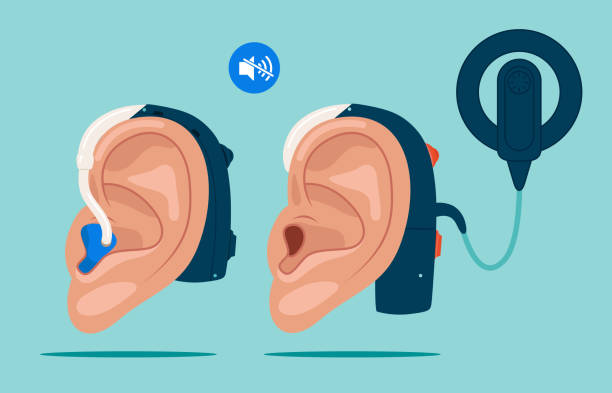
Hearing tests are essential evaluations that assess an individual's ability to hear sounds at various frequencies and volumes. These tests help diagnose hearing loss, determine its type and severity, and guide appropriate treatment options.
A standard hearing test that measures an individual's hearing sensitivity across different frequencies using pure tones. It helps diagnose the degree and type of hearing loss.
This test evaluates the ability to hear and understand speech, measuring speech reception thresholds and word recognition abilities in various environments.
A test used to assess the condition of the middle ear by measuring the movement of the eardrum in response to air pressure changes, helping diagnose issues like fluid in the ear or eustachian tube dysfunction.
A child-friendly hearing test where children respond to sounds through play activities, making it easier to assess hearing abilities in young children.
An advanced, objective hearing test that uses electrical responses from the brain to assess hearing sensitivity across a wide range of frequencies, particularly useful for diagnosing hearing loss in young children and difficult-to-test individuals.
This test measures the hearing nerve's response to sounds and helps detect hearing loss, particularly in newborns, infants, or individuals unable to participate in traditional hearing tests.
A specialized test designed to assess the frequency and loudness of tinnitus (ringing in the ears), helping to tailor management strategies for individuals experiencing this